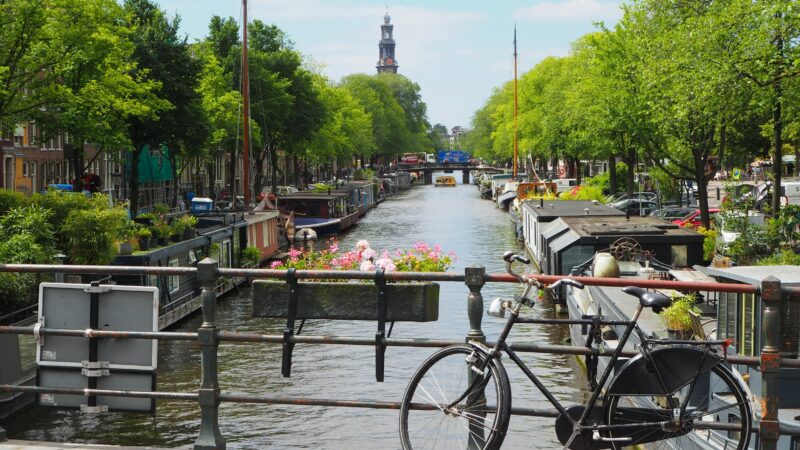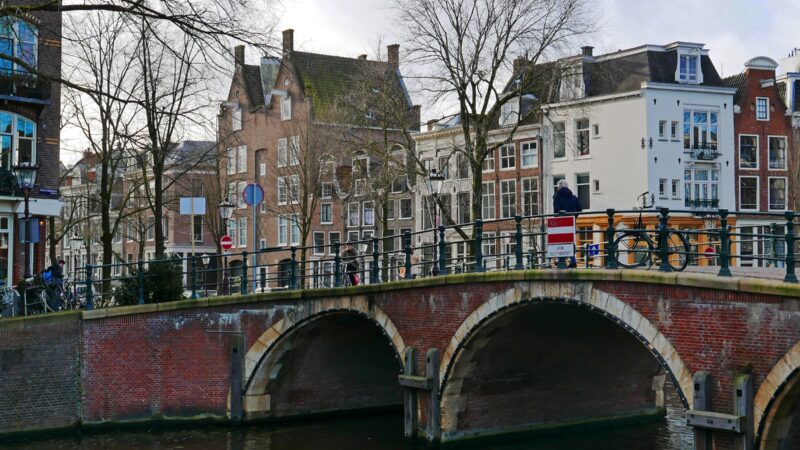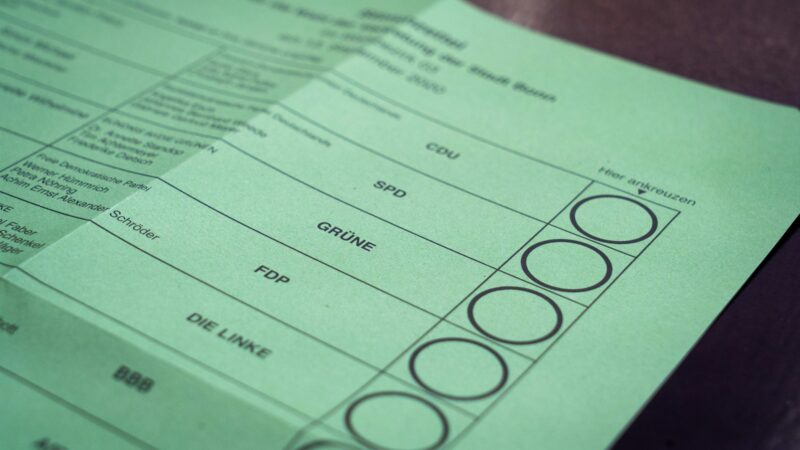Well, that’s that then. It definitely could’ve been better, but I was expecting much worse; I was expecting slam poetry about the Windrush Scandal from an NHS nurse, followed by a breakdance exhibition from Diversity, a ‘witty’ monologue about gay sex from Stephen Fry, topped off with a ‘modernised’ version of God Save the King.
The concert was thoroughly mediocre though – I’d be surprised if anyone under the age of 25 could name more than half of the line-up. When will the palace learn that glitzy American pop stars are not fit for royal celebrations?
In retrospect, it’s clear that the worst aspect of the coronation wasn’t the subversion of pomp and circumstance, but the commentary which overlaid it.
Once the more lavish aspects of the procession had subsided, along with the smattered allusions to Modern Britain, and the royals assembled on the balcony of Buckingham Palace, Bridgerton actress Adjoa Andoh, who had been graciously invited to commentate on the King’s coronation, said:
“We’ve gone from the rich diversity of the Abbey to a terribly white balcony. I was very struck by that.”
Anyone brushing this off as a stray comment from the WOKE (!!!) Liberal Metropolitan Elite clearly hasn’t been paying attention. As we saw with the death of Elizabeth, a vast chunk of the ‘criticism’ directed at the British monarchy is pure racial resentment. Don’t pretend you don’t remember.
The anti-white rhetoric of the monarchy’s critics isn’t some exceptional tendency or blip, it’s the logical conclusion of an inherently republican understandings of representation and legitimacy.
As Britain undergoes historic demographic change, primarily due to mass immigration (in other words, the result of government policy) an increasingly large subsection of the population, conscious of their distinctness to the heads of state, will likely pursue the dismantlement of what they perceive to be an arbitrarily (that is, oppressively) white Christian political structure, in order to better reflect (at the very least, better accommodate) Britain’s newly ‘diverse’ population.
If you’re scratching your head as to why the monarchy is unpopular with younger voters, I suggest you take a gander at the demographic composition of younger voters – and younger people generally.
Of course, institutions by their very nature cannot be diverse; people identify with them because they reflect a fundamental homogeneity which underpins the group from which they emerge, and by extension, seek to sustain.
Differences may very will exist within them, but none of these differences will constitute diversity in the contemporary sense, as they don’t aim to breach the underlying unity required to make them recognisable.
This is definitively true of monarchy – a role defined by a sole person, restricting any metric of difference from being, nevermind represented.
In any case, it would be simply unjustifiable, within the parameters of republicanism, for a state to have an unelected white Christian as its head, especially when the citizenry is both minority-white and minority-Christian.
Given this, the monarchy risks following the course of Parliament; a battle ground for fragmented groups with increasingly little sense of essential or collective being – antithetical to the monarchy’s imagined role as a constitutional lynchpin to counter-balance the enmity of domestic politics.
Even if the institution is defanged to the point of mere ceremonialism, as has been the case over recent decades, much to the delight of so-called “progressive patriots”, it has been maintained that even if Britain’s monarchy ceases to be politically problematic in a functional sense, it remains politically problematic in a representational sense.
The overarching point is that, as Britain’s monarch, it doesn’t matter if you permit politically motivated investigations into obvious questions or if you commit to protecting all faiths as Supreme Governor of the Church of England. It doesn’t matter if you declare your support for Our NHS or opt to include Black Gospel in your coronation ceremony.
Diversity, Equity, and Inclusion matter for zilch: your enemies will hate you regardless.
Just as Scottish and Welsh separatists are prepared to devolve the union out of existence, modernisers and republicans are prepared to reform the monarchy out of existence. No amount of capital-C Compromise is going to fundamentally change their defining position.
Moreover, just as Scottish and Welsh separatists evoke a sense of ethnocultural distinctness whilst pursuing policies to undermine Celtic culture, modernisers and republicans evoke Cromwell, Roundheads, and the English Civil War, even though Cromwell would’ve absolutely despised them, they possess the prudence and restraint of Cavaliers, and have nothing but contempt for Englishness – often proudly declaring they’re not English whatsoever.
“You will never be a real Roundhead. You have no God, you have no purity, you have no zeal. You are a narcissistic degenerate twisted by leftism and secularism into a crude mockery of English revolution.”
When the British republic comes, assuming it does, I doubt we’re going to get Cromwell 2 or Lord Protector Nigel. Indeed, Farage himself has suggested we’ll end up with some moth-bitten mandarin: “some duffer… Neil Kinnock, or somebody.” – a failed politician with the shameless desire to be remembered as a Bismarck-esque elder statesman.
Although, as circumstances present themselves, it’s completely plausible that we get a ‘respectable’ long-standing representative of the so-called anti-racist coalition… His Excellency, President David Lammy.
As far as we know, British republicanism is a team effort; a team disproportionally comprised of (exceptions accounted for) post-colonial grifters from BAME and non-Christian backgrounds, White leftists and liberals, many of whom lay claim to permanent victim credentials, with others are eager to affirm their ‘Otherness’, whether to worm their way out of discussions about colonialism or revitalise some feud the Anglo has long forgotten.
In which case, who supports the monarchy? Exactly who you’d expect. Again, accounting for notable exceptions, it’s White English conservatives, especially those living in rural areas and with Anglican heritage. In simpler terms: the sort of people that gave us Brexit, but I digress – the pivot away from memes about royal ethnic make-up to an unabashed proxy war for ethnic grievance won’t end well.
Given this, if Charles knows what’s good for him, he’ll reject any and all further attempts at ‘modernising’ the monarchy and reverse any that have been undertaken since the end of WW2, rather than counter-signalling policy that slightly, if barely, edges towards defending the interests of his realm, his post, and especially of his dwindling (in part, rather old) number of core supporters.
After all, given the transcendental nature of kingship, should a monarch violate the spirit of their post, no monarchist would feel conflicted about withdrawing their support, if not for the benefit of a hypothetical republic, but for the benefit of the institution itself.
Enjoying The Mallard? Consider subscribing to our monthly magazine.



